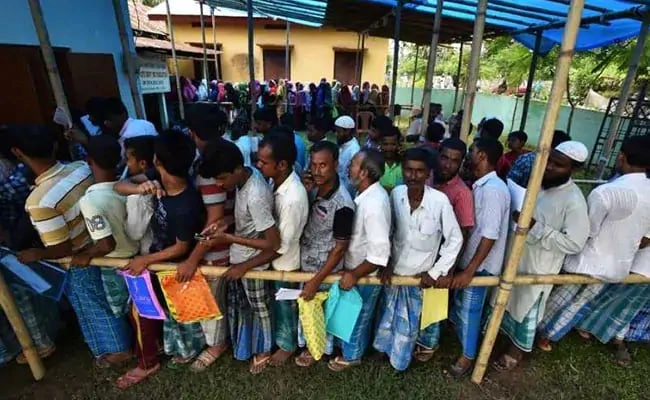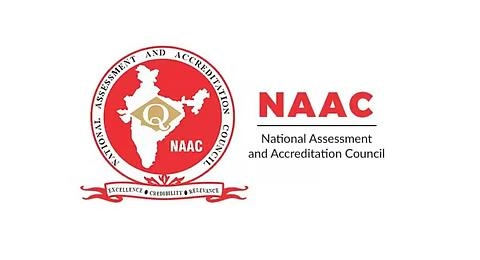In contemporary India, the discourse surrounding identity and citizenship has been profoundly influenced by the advent of the Aadhaar system. Initially designed as a tool for streamlining welfare benefits and services, Aadhaar has evolved into a controversial symbol of identity verification that raises critical questions about the intersection of citizenship and the fundamental right to vote. The push for Aadhaar as a mandatory identifier has exposed a significant identity crisis, particularly for marginalized populations who may lack access to the necessary documentation. This situation is alarming because it threatens to disenfranchise individuals who are already vulnerable and may not possess the means to navigate the bureaucratic labyrinth required to obtain an Aadhaar card.
Moreover, the implications of linking citizenship status to Aadhaar have broader ramifications for the democratic fabric of the nation. The Indian Constitution guarantees the right to vote as a fundamental aspect of participation in democracy. However, the increasing reliance on Aadhaar for voter identification has the potential to create barriers that could exclude disenfranchised groups from the electoral process. This becomes particularly concerning in a country where a significant portion of the population relies on informal means of identification. The very essence of democracy hinges on inclusivity, and any system that inadvertently erects barriers to voting risks undermining the electoral process and eroding the public’s faith in democratic institutions.
Furthermore, the issue of data privacy and security associated with Aadhaar cannot be overlooked. With personal information being stored and processed in a centralized database, questions arise about the safety of individuals’ sensitive data. Instances of data breaches and unauthorized access have sparked widespread concerns regarding the potential misuse of information. In a country where surveillance practices are increasingly scrutinized, the reliance on Aadhaar as an identity verification tool raises ethical questions about the balance between security and individual privacy rights. Ensuring that citizens can exercise their right to vote without the fear of losing their privacy or being subjected to discrimination is paramount for a healthy democracy.
In conclusion, the ongoing debate about Aadhaar, citizenship, and the right to vote encapsulates a larger identity crisis that demands urgent attention. Policymakers must prioritize inclusivity and accessibility in the electoral process, ensuring that every citizen, regardless of their socio-economic status, has the opportunity to participate fully in democracy. As India navigates these complexities, it is crucial to strike a balance between the benefits of digital identification systems and the imperative to protect the rights and identities of all citizens. Ultimately, the integrity of democracy rests on the foundation of inclusive participation, and it is the responsibility of the state to safeguard this fundamental principle.




